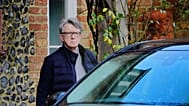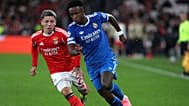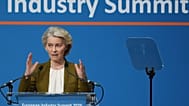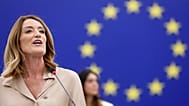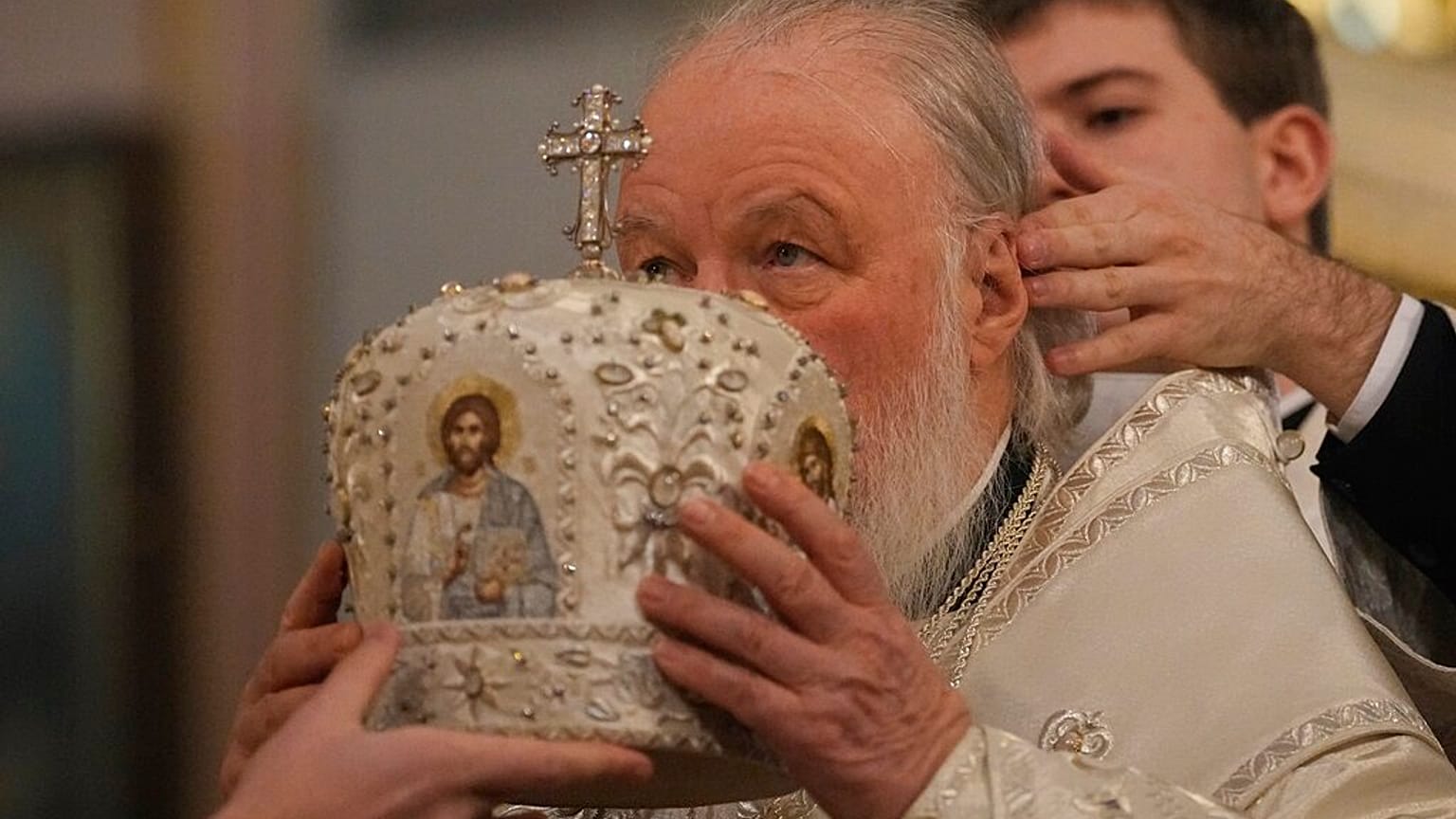Russian Orthodox Patriarch Kirill, a close supporter of Russian President Vladimir Putin, worked for the Russian intelligence service in Switzerland in the 1970s, according to two Swiss newspapers, citing declassified archives.
Le Matin Dimanche and Sonntagszeitung, two Swiss publications, say the police have verified that the head of the Russian Orthodox Church, Patriarch Kirill, was a member of the KGB.
 ADVERTISEMENT
ADVERTISEMENT
 ADVERTISEMENT
ADVERTISEMENT
The two media outlets were able to consult files within the Swiss federal archives.
In the early 1970s, the patriarch, who fervently supports Russia's invasion of Ukraine, was living in Geneva and officially represented Moscow at the World Council of Churches (WCC).
Kirill's mission was also to influence this council, which was infiltrated by the KGB in the 1970s and 80s.
The objective of the Soviets was to get the Geneva institution to denounce the United States and its allies, and to moderate its criticisms of the lack of religious freedom in the USSR, the newspapers noted.
It also stressed that the Russian Church "refused to comment on Kirill's espionage activities in Geneva".
For its part, the World Council of Churches said it had "no information" on the subject. Le Matin Dimanche interviewed the patriarch's nephew, Mikhail Goundiaev, who succeeded him as a representative of the Moscow patriarchate in Geneva. But he said that his uncle "was not an agent, even if he was subject to the KGB's 'strict control".
And this did not "affect the sincerity of his commitment to ecumenical work with other churches," he told the newspaper.
The publication also reported that Patriarch Kirill is particularly fond of Switzerland.
"He has visited Switzerland at least 43 times," the Le Matin Dimanche said, adding that "in addition to his passion for skiing - in 2007 he broke his leg on a Swiss slope - religious diplomacy, espionage and financial matters have constantly brought Kirill back to the Alps or to the shores of Lake Geneva.
"I have special feelings towards your country. Of all the countries in the world, it is perhaps the one I have visited most often," the patriarch explained in 2019 when he received the President of the Swiss Council of States, Jean-René Fournier, in Moscow.

